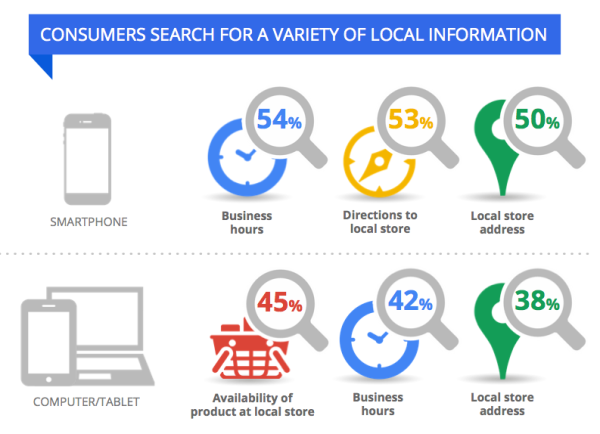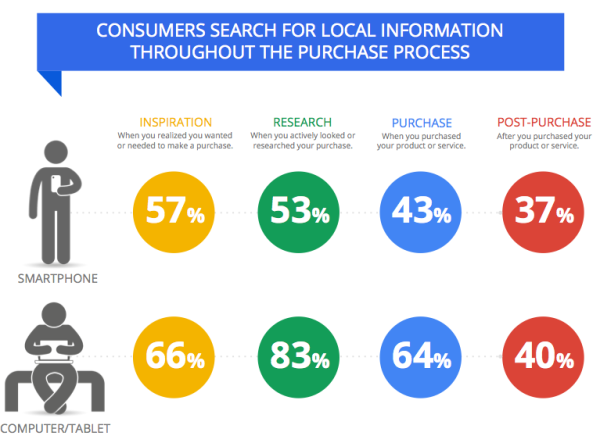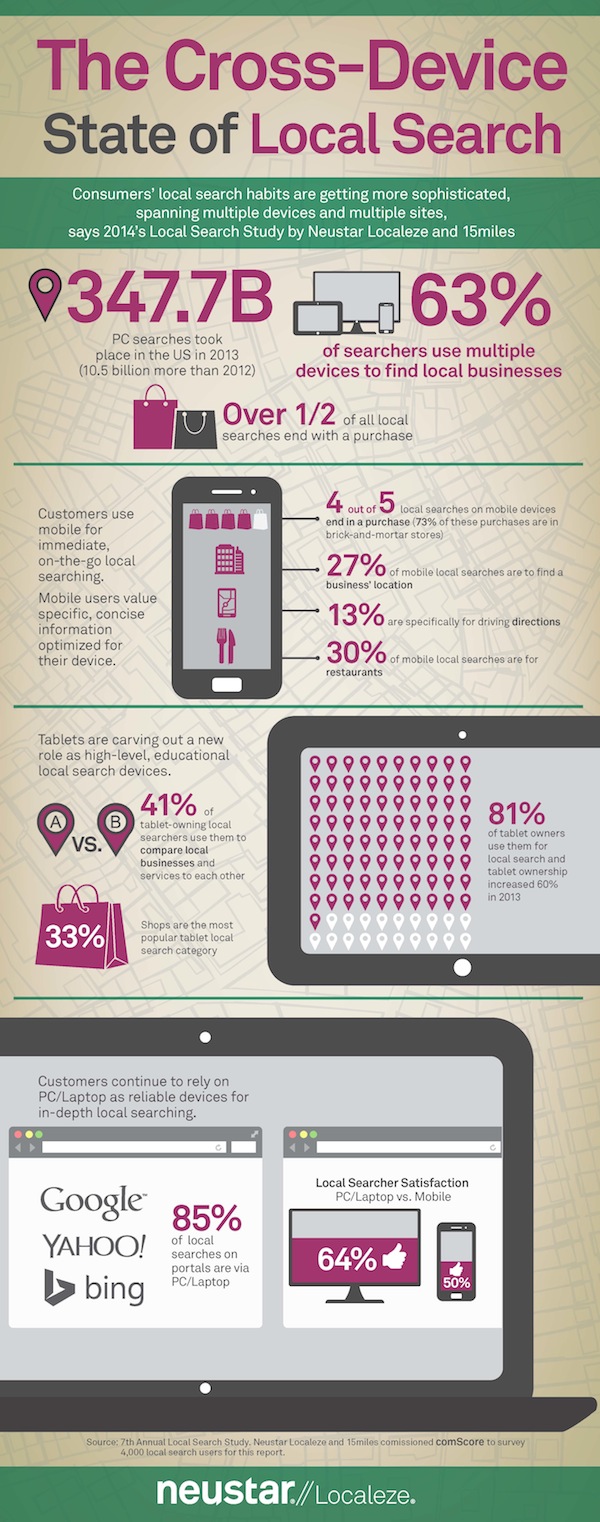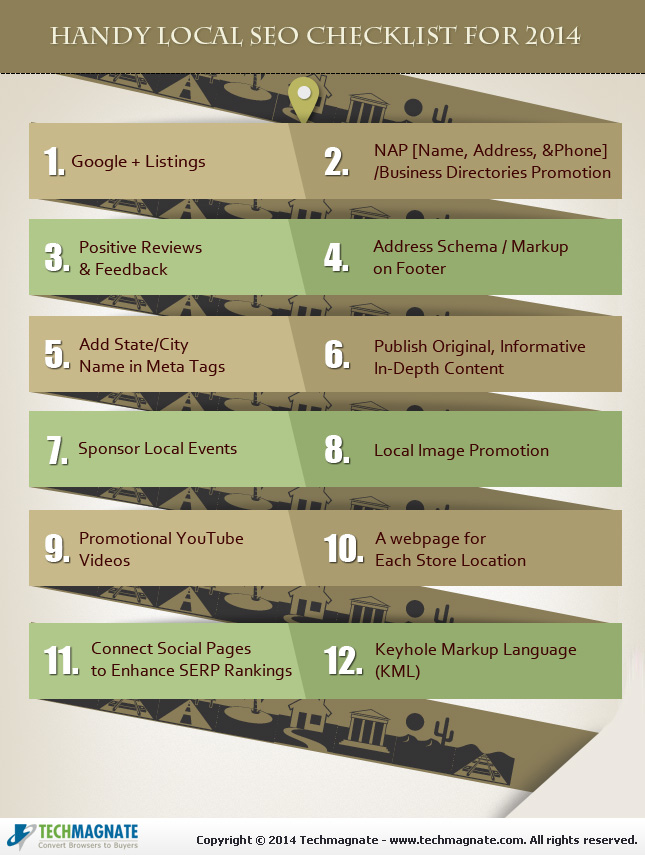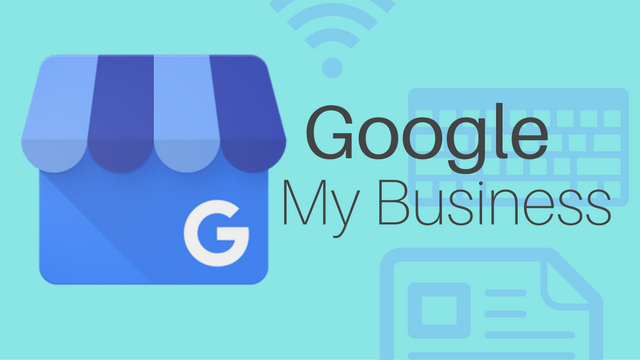
As Google has continuously demoted their organic listings for search results, local SEO has risen in prominence. Instead of aiming for the top search spot, more and more businesses are prioritizing claiming the top place in Google’s local search results – which typically appear before any organic listings.
Of course, getting the top spot in the local results isn’t much easier than typical SEO work. However, it is a bit different. Google prioritizes different search signals to make sure they are delivering the most valuable businesses for your searches.
To figure out exactly what search signals matter to Google the most when sorting local results, LocalSEO Guide recently completed an in-depth review of over 200 ranking factors and 100,000 local businesses across 150 cities.
What they found shows that while organic ranking factors like links, keywords, and anchor text are important, rankings reign supreme in local search.
Specifically, “having a keyword you are trying to rank for, and a mention of the city you are working to rank in, in reviews, has a high correlation with high ranking in Google My Business results.”
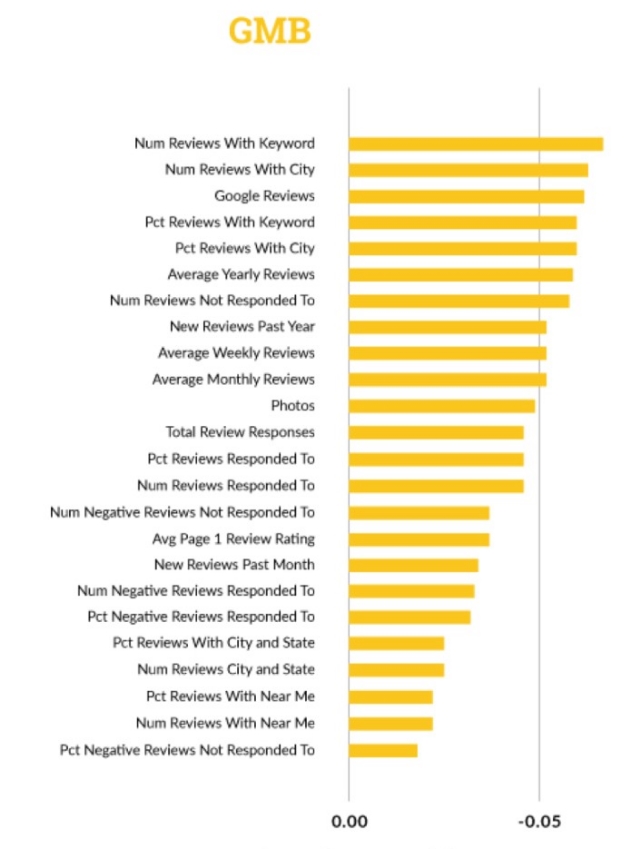
The findings also indicate that engagement, such as adding photos and hours to your listing, serves as a significant ranking factor. Additionally, “responding to reviews and claiming your profiles are ways to engage with your potential customers and Google’s platform to show then you are invested.”
Elsewhere, the report suggests that traditional SEO factors such as links and on-site optimization still play a significant role in rankings. However, some off-page signals like citations and reviews on third-party sites, are declining in relevance compared to past research.
The full report details more findings and statistics to indicate exactly how those who are crushing local search are doing it. However, it is important to note that these types of studies are based entirely on correlation. We can’t say for sure exactly how Google’s systems rank local results – partially because they won’t tell and partially because they are always changing.


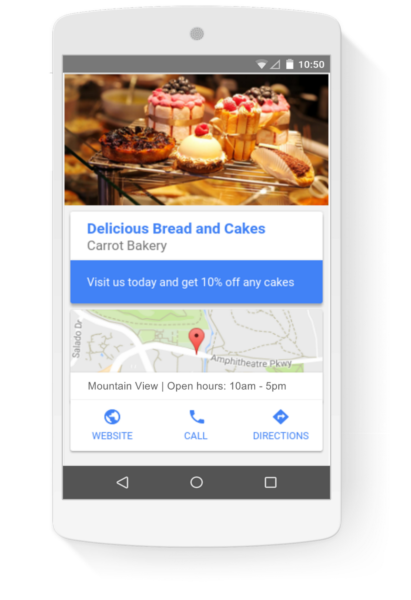
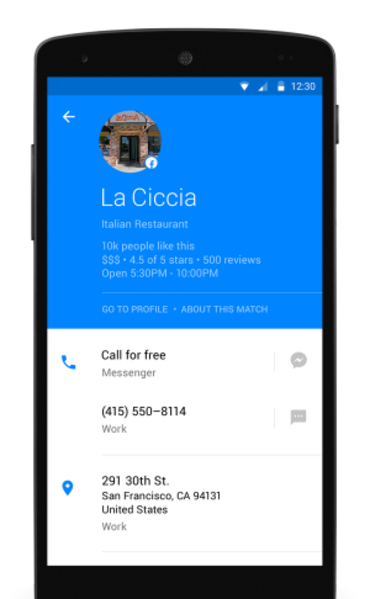
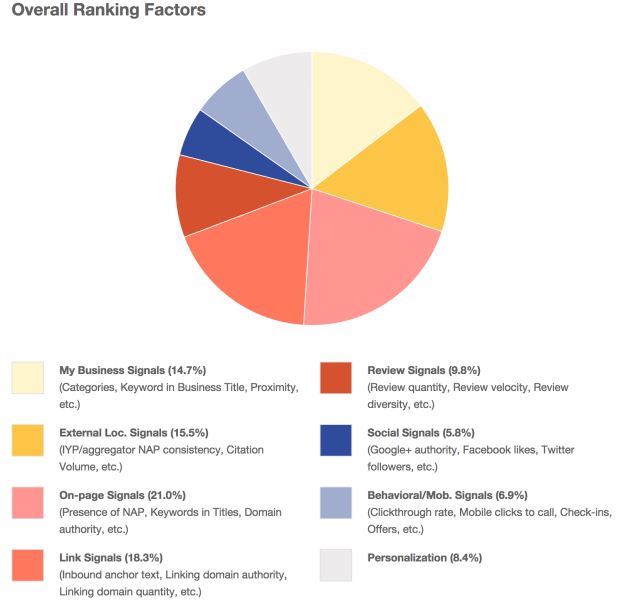
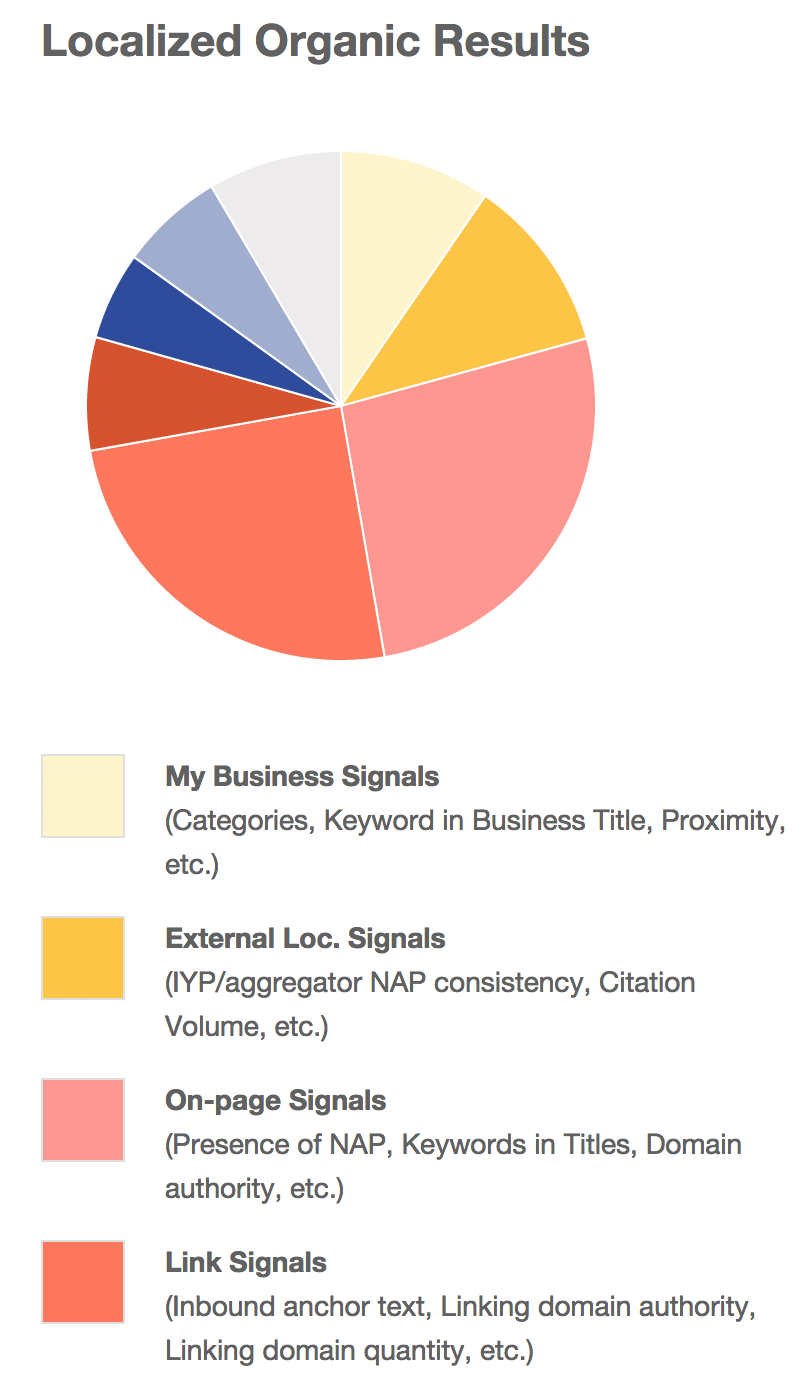
 While we at TMO still feel that Pigeon has the potential to help local businesses and searchers improve their local results, it is always good to get the opinions from other experts in the search marketing community. Thankfully, Search Engine Land did just that. They compiled the opinions of several authority figures in search marketing, and needless to say the consensus is mixed.
While we at TMO still feel that Pigeon has the potential to help local businesses and searchers improve their local results, it is always good to get the opinions from other experts in the search marketing community. Thankfully, Search Engine Land did just that. They compiled the opinions of several authority figures in search marketing, and needless to say the consensus is mixed.